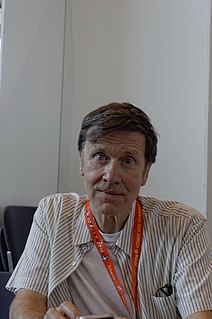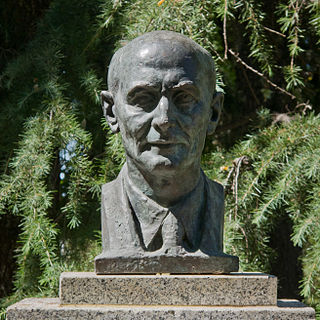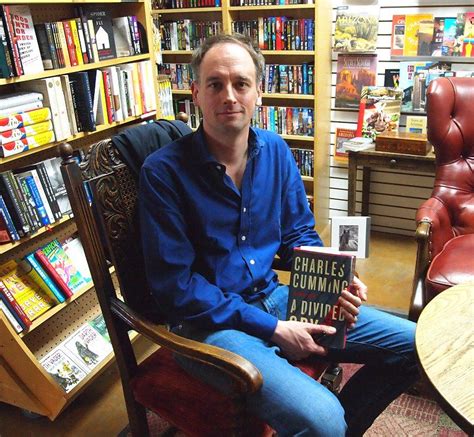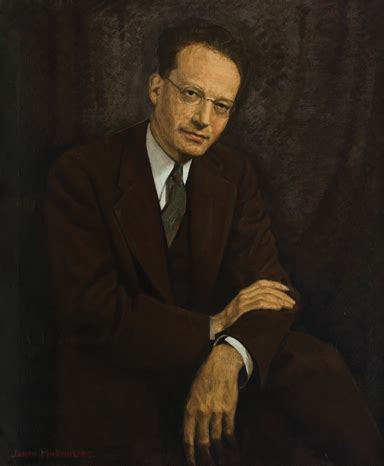A Quote by Will Self
The British and American literary worlds operate in an odd kind of symbiosis: our critics think our contemporary novelists are not the stuff of greatness whereas certain contemporary Americans indubitably are. Their critics often advance the exact opposite: British fiction is cool, American naff.
Related Quotes
I think I've actually benefited from Australia being a kind of combination of both British and American culture. We kind of got the best of both British and American television and books, science fiction and fantasy, and so on. So I'm familiar with a lot of, for example, American books and television that a British author of my generation might not be.
I find a difference in British spy fiction and American spy fiction. In the American version, it's more militaristic, partly because the CIA has more of the military makeup. Whereas MI6 is more of a cerebral, intelligence-based, relationship-based service, i.e., all they do is recruit people to get information out of them.
Evidently, there are many great American writers. But sometimes it can feel as though American fiction is dominated by relatively linear narrative form, with a heavy emphasis on psychological realism. If you limit yourself to a certain kind of American literary fiction, it's easy to forget about the different kinds of books that are being written. You can forget to be ambitious, both as a reader and a writer.
Edmund Wilson was our greatest American literary critic because he was more than a literary critic: He was a fearless, even radical judge of the society he lived in. (See, for example, _A Piece of My Mind_; _The Cold War and the Income Tax_; the introduction to _Patriotic Gore_.) Our conventional critics cannot forgive him for those scandalous lapses in good taste.
I considered our British comrades to rank with the finest men and women of any armed service in the world. And I know that my fellow American soldiers - and those of the other coalition countries under my command - valued very highly the professional expertise, capability, courage, and determination of our British partners on the battlefield.
It is a pity that so many Americans today think of the Indian as a romantic or comic figure in American history without contemporary significance. In fact, the Indian plays much the same role in our society that the Jews played in Germany. Like the miner’s canary, the Indian marks the shift from fresh air to poison gas in our political atmosphere; and our treatment of Indians, even more than our treatment of other minorities, reflects the rise and fall in our democratic faith.


































